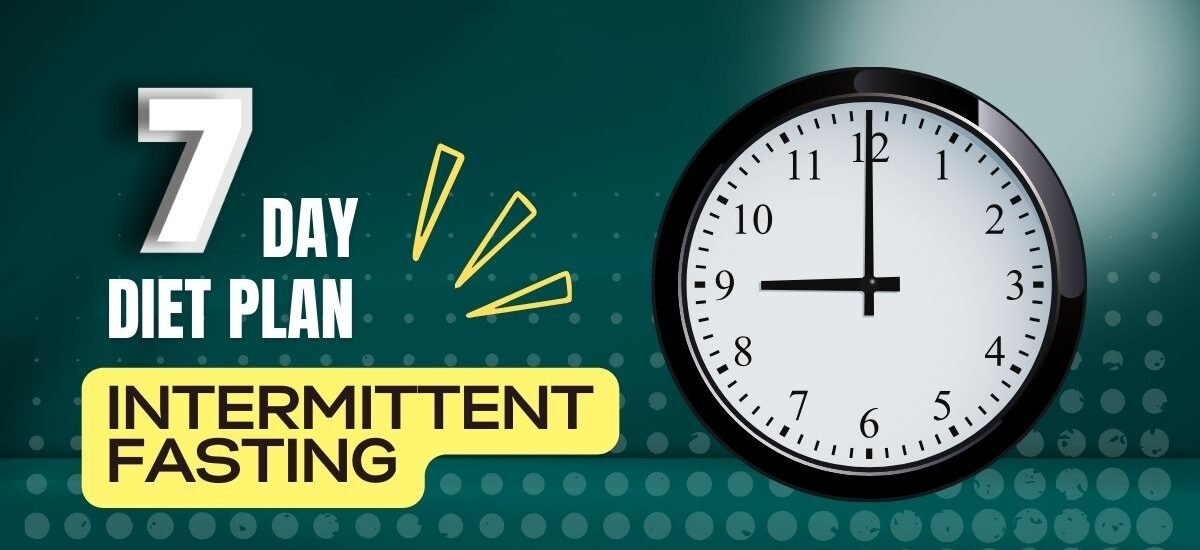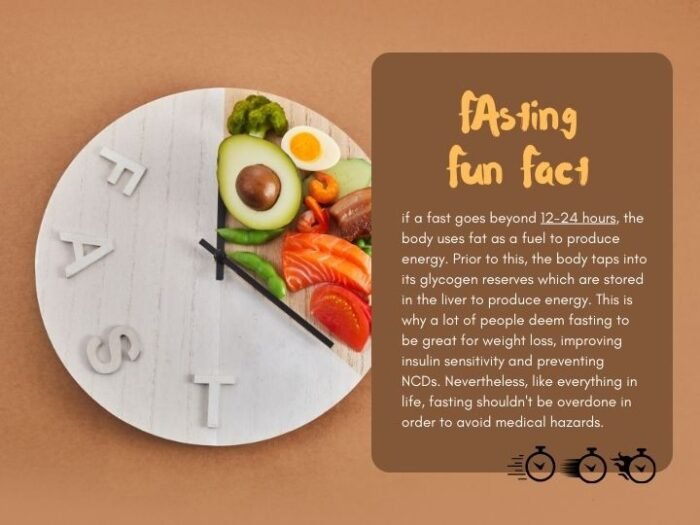John Doe
General SurgeonPretium saepe pariatur ornare cillum repudiandae inceptos iaculis cumque vulputate sequi neque quos exercitation aliquip interdum, veniam? Aute error, elit!


Intermittent fasting, though might sound like a new term that’s part of our modern lingo, has been around in India for ages. For centuries Indian sages and even common folks have been dabbling in the science of intermittent fasting to get closer to their inner self and achieve better health.
In this article, we’ll share with you a 7-day intermittent fasting diet plan Indian meals included, that will help you connect with your inner self and tread a path of good health and well-being.
Keep on reading to learn more!
Read more: Best Time To Eat Dry Fruits For Weight Loss

Intermittent fasting is when you confine yourself to eating during certain times of the day and the remaining time you fast. This practice has been prevalent in India since antiquity where people have their first meal early in the morning and last meal before the sun sets. Post this meal, they do not consume anything and embark on a fast that is broken the next day.
There are many common intermittent fasting schedules. Here are a few well-known ones;
The 16:8 method is more commonly used and is also easier to follow than the rest. In this article, we’ll be sharing a 7-day intermittent fasting diet plan Indian version to not only give you a kickstart but also show the diversity of Indian cuisine and how easy it is.
Day 1 :
12 PM (First Meal): Vegetable dalia (broken wheat) cooked with mixed vegetables and a side of curd.
4 PM (Snack): A handful of roasted chana or nuts with green tea.
7 PM (Dinner): Rajma (kidney bean curry) with a small portion of brown rice and a cucumber-tomato salad.
Day 2 :
12 PM (First Meal): Poha (flattened rice) with peanuts, curry leaves, and a dash of lemon.
4 PM (Snack): A fruit smoothie made with almond milk and a banana.
7 PM (Dinner): Palak paneer (spinach and cottage cheese curry) with a small roti (whole wheat bread) and sautéed vegetables.
Day 3 :
12 PM (First Meal): Idli with sambar and coconut chutney.
4 PM (Snack): A bowl of mixed fruit salad (papaya, apple, and pomegranate).
7 PM (Dinner): Grilled chicken tikka or tofu tikka with a side of mint chutney and steamed broccoli.
Day 4 :
12 PM (First Meal): Besan chilla (gram flour pancakes) with mint chutney and a glass of buttermilk.
4 PM (Snack): A small portion of makhana (fox nuts) roasted with a pinch of ghee and salt.
7 PM (Dinner): Fish curry (or a vegetarian curry) with quinoa and a mixed green salad.
Day 5 :
12 PM (First Meal): Masala oats with chopped vegetables and a boiled egg on the side (optional).
4 PM (Snack): A glass of coconut water with a handful of walnuts.
7 PM (Dinner): Chana masala (chickpea curry) with a small portion of jeera rice and a kachumber salad.
Day 6 :
12 PM (First Meal): Upma made with semolina, vegetables, and a side of curd.
4 PM (Snack): A piece of dark chocolate (70% cocoa) with black coffee.
7 PM (Dinner): Baingan bharta (mashed eggplant curry) with one multigrain roti and a bowl of plain yogurt.
Day 7
12 PM (First Meal): Moong dal cheela (lentil pancakes) stuffed with paneer and served with green chutney.
4 PM (Snack): A bowl of sprouts salad with lemon and spices.
7 PM (Dinner): Chicken curry (or mushroom curry) with a small portion of millet (bajra) roti and sautéed spinach.
Conclusion of 7-Day Intermittent Fasting Diet Plan Indian Meals
Intermittent fasting is not only a great way to improve health and lose weight, but it is also a powerful medium to connect with your inner self and contemplate the meaning of life and your relationship with food. With intermittent fasting, you not only understand your body’s needs better but also insure it from diseases in the long run. This 7-day intermittent fasting diet plan Indian meals version is just a blueprint. You can fine-tune it according to your taste and go at it!
Intermittent fasting is a dietary approach where you alternate between eating and fasting periods. It’s a lifestyle shift designed to improve metabolism, support weight loss, and enhance overall well-being.
16:8 Method: Fast for 16 hours and eat within an 8-hour window.
5:2 Method: Eat normally for five days a week and restrict calories (500–600) on two non-consecutive days.
Eat-Stop-Eat: Fast for 24 hours once or twice a week.
This 7-day plan focuses on the 16:8 method.
Yes, the 16:8 method is beginner-friendly and pairs well with Indian meals. Start gradually by extending your fasting period by 1–2 hours daily until you reach 16 hours.